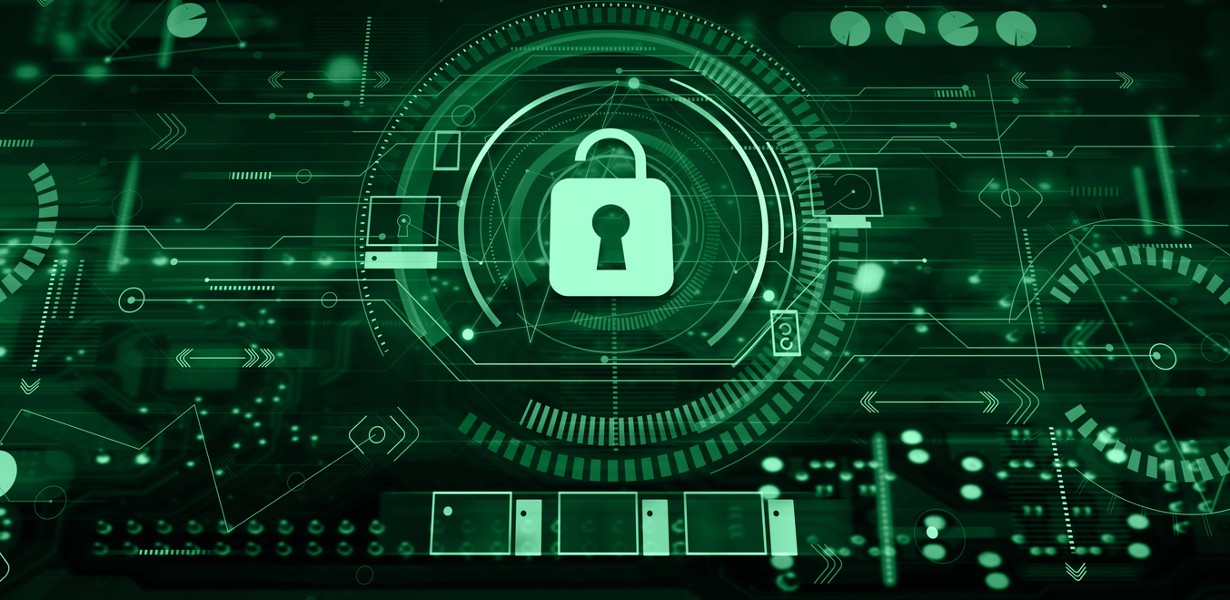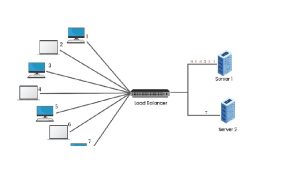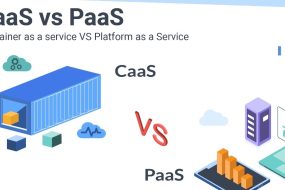
In the ever-evolving digital landscape, the importance of safeguarding your online presence cannot be overstated. Cyber threats continue to grow in complexity and frequency, making it imperative for businesses to fortify their defenses. One key element in this battle is the Content Delivery Network (CDN) Hosting, a critical component of the modern web infrastructure. In this comprehensive guide, we’ll delve into the world of Next-Gen CDN Hosting and explore strategies to combat cyber threats effectively.
Understanding the CDN Advantage
CDN, or Content Delivery Network, is a globally distributed network of servers designed to enhance website performance, reduce latency, and improve user experience. By caching and serving content from servers geographically closer to the end-users, CDNs significantly speed up the delivery of web content. This reduces the load on origin servers and offers inherent security benefits.
The Rising Cybersecurity Threats
Cyber threats have grown in sophistication and scale, posing a substantial risk to businesses of all sizes. From DDoS attacks to data breaches and malware infiltration, the digital landscape is rife with dangers. Traditional web hosting is no longer sufficient to protect against these evolving threats.
The Role of CDN Hosting in Cybersecurity
CDN Hosting is not just about accelerating content delivery; it plays a crucial role in cybersecurity. By distributing web content across multiple servers and data centers, CDN Hosting minimizes the risk of a single point of failure. This redundancy acts as a buffer against DDoS attacks, ensuring uninterrupted service even in the face of malicious traffic spikes.
Key Features of Next-Gen CDN Hosting
Next-Gen CDN Hosting takes the security game a step further. Here are some of the key features that make it an effective tool against cyber threats:
Web Application Firewall (WAF)
WAF is a critical component of Next-Gen CDN Hosting. It filters out malicious traffic, preventing it from reaching your origin server. With real-time monitoring and automatic threat detection, WAF keeps your website safe from various cyber threats.
DDoS Mitigation
Next-Gen CDN Hosting includes robust DDoS mitigation capabilities. It can efficiently detect and mitigate large-scale attacks, ensuring your website remains online and responsive even during an attack.
SSL Encryption
Secure Sockets Layer (SSL) encryption is a must for any website. Next-Gen CDN Hosting offers SSL certificates as part of its service, providing an extra layer of security for data in transit.
Real-Time Security Analytics
CDN Hosting providers offer real-time security analytics, allowing you to monitor and respond to potential threats promptly. This proactive approach can thwart attacks before they cause any damage.
Implementing Next-Gen CDN Hosting
To implement Next-Gen CDN Hosting effectively, consider the following steps:
Assess Your Website’s Security Needs
Evaluate your website’s specific requirements and vulnerabilities. This will help you choose the right CDN Hosting provider and the level of security services you need.
Choose a Reputable CDN Provider
Select a CDN provider with a strong track record in cybersecurity. Look for features like WAF, DDoS protection, and SSL encryption in their service offerings.
Configure Security Settings
Work closely with your chosen CDN provider to configure the security settings that match your needs. Regularly update and fine-tune these settings to adapt to new threats.
Monitor and Respond
Constantly monitor your website’s traffic and security analytics. Be prepared to respond swiftly to any emerging threats or anomalies.
Final Words
In the digital age, securing your online presence is paramount. Next-Gen CDN Hosting is a powerful tool in the fight against cyber threats. With features like WAF, DDoS mitigation, SSL encryption, and real-time security analytics, it offers robust protection for your website. Implementing Next-Gen CDN Hosting and proactively managing its security settings can help safeguard your online assets effectively.
Commonly Asked Questions
Q1: What is a Content Delivery Network (CDN)?
A CDN is a distributed network of servers that accelerates content delivery and improves website performance. It also enhances security by distributing content across multiple servers.
Q2: How does Next-Gen CDN Hosting protect against DDoS attacks?
Next-Gen CDN Hosting provides DDoS mitigation capabilities, detecting and mitigating large-scale attacks to ensure uninterrupted service.
Q3: What is a Web Application Firewall (WAF)?
A Web Application Firewall is a crucial part of Next-Gen CDN Hosting, filtering out malicious traffic and providing real-time threat detection to protect your website.
Q4: Can I configure security settings for my CDN Hosting?
Yes, you can and should configure security settings according to your website’s specific needs, working closely with your chosen CDN provider.
Q5: Why is SSL encryption important for website security?
SSL encryption secures data in transit, protecting sensitive information and ensuring the privacy and integrity of user interactions with your website.
Advertisement







